Lisetta Carmi - Identities
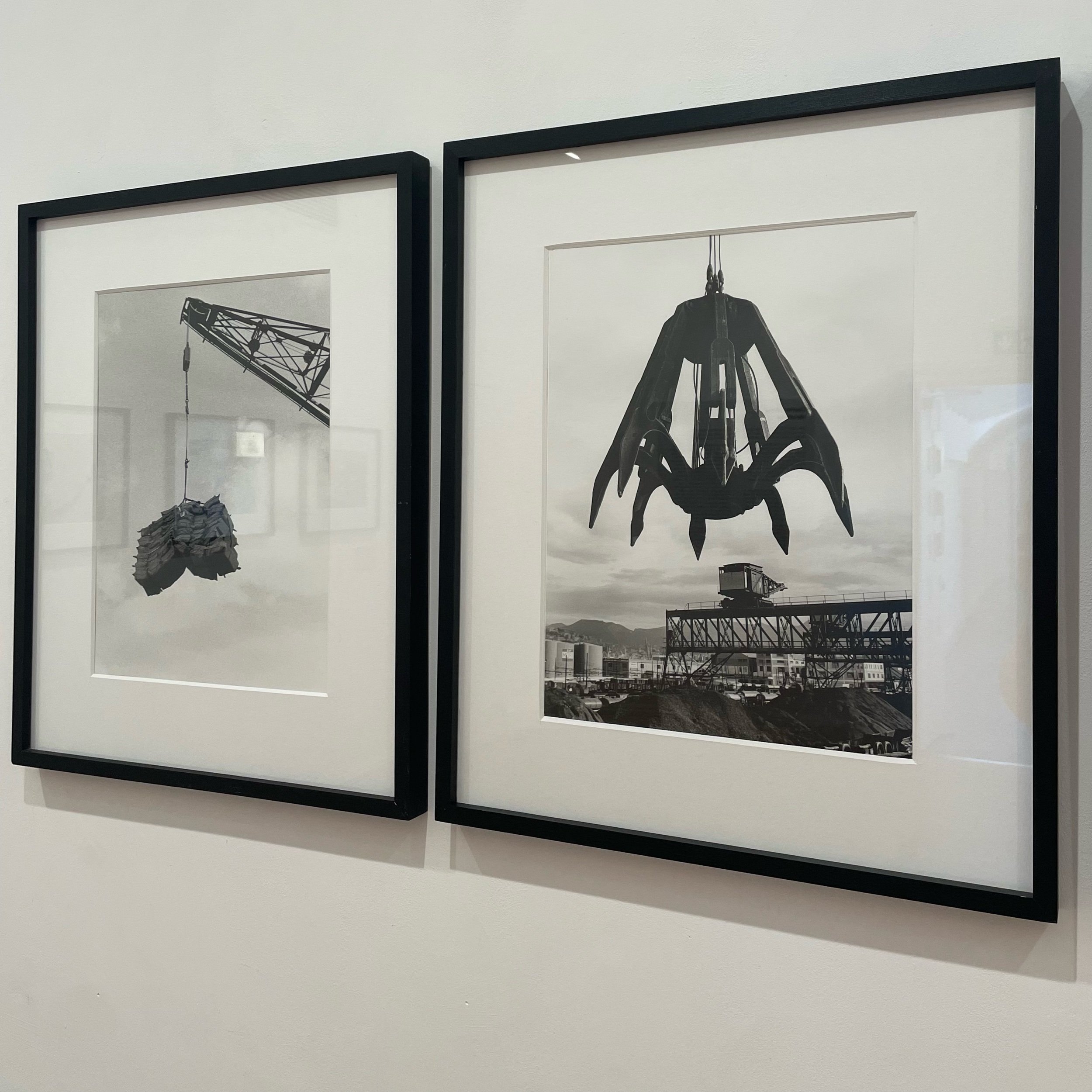
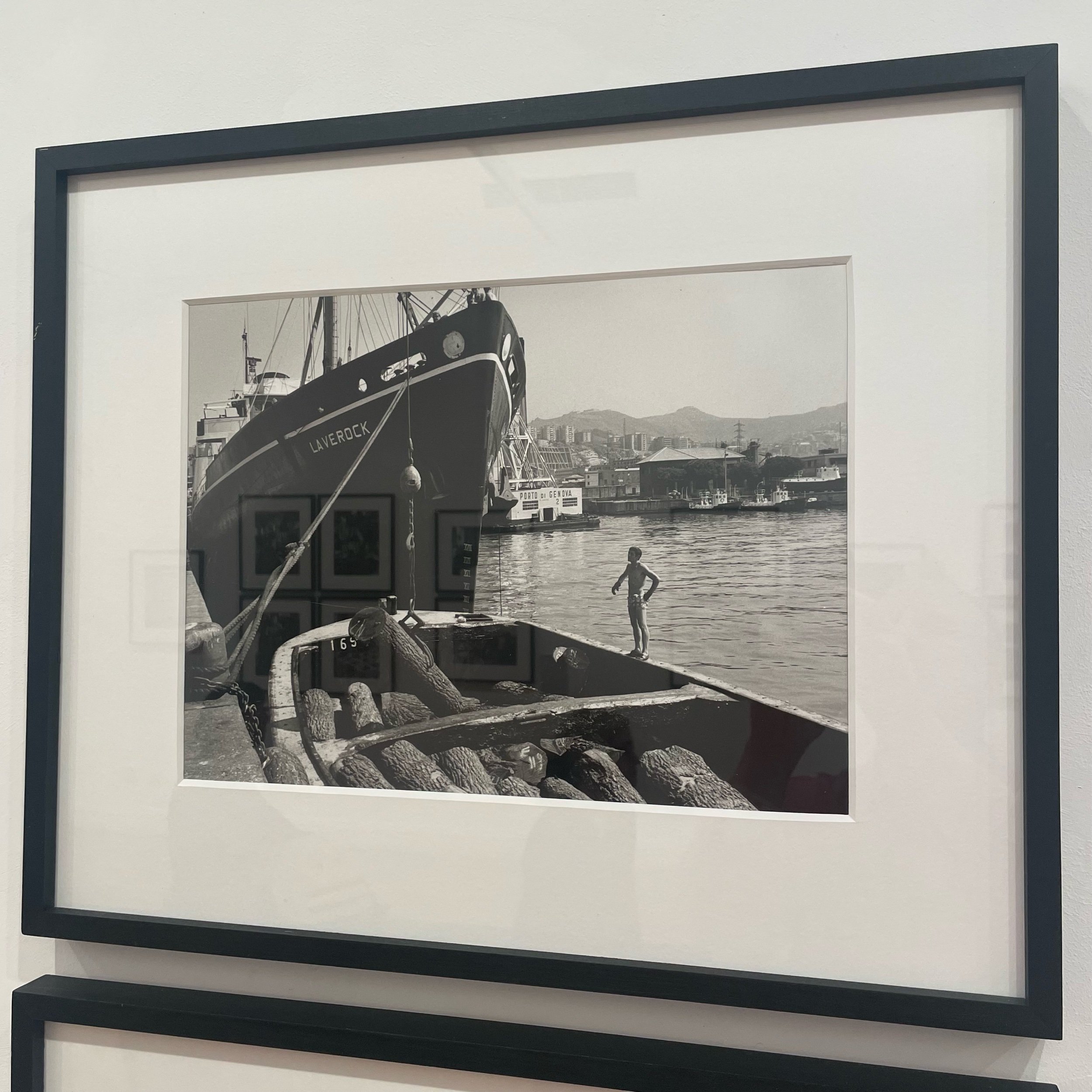
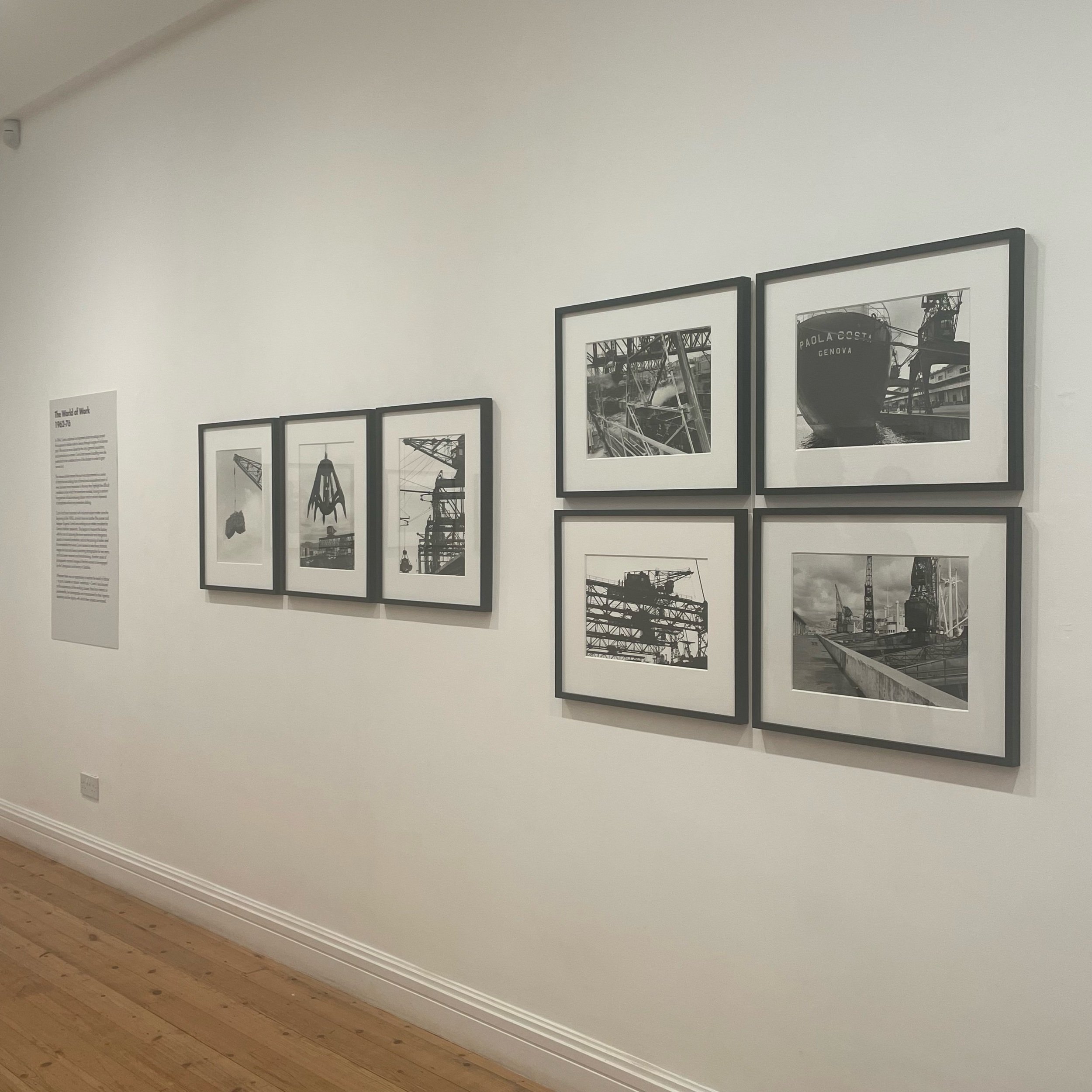
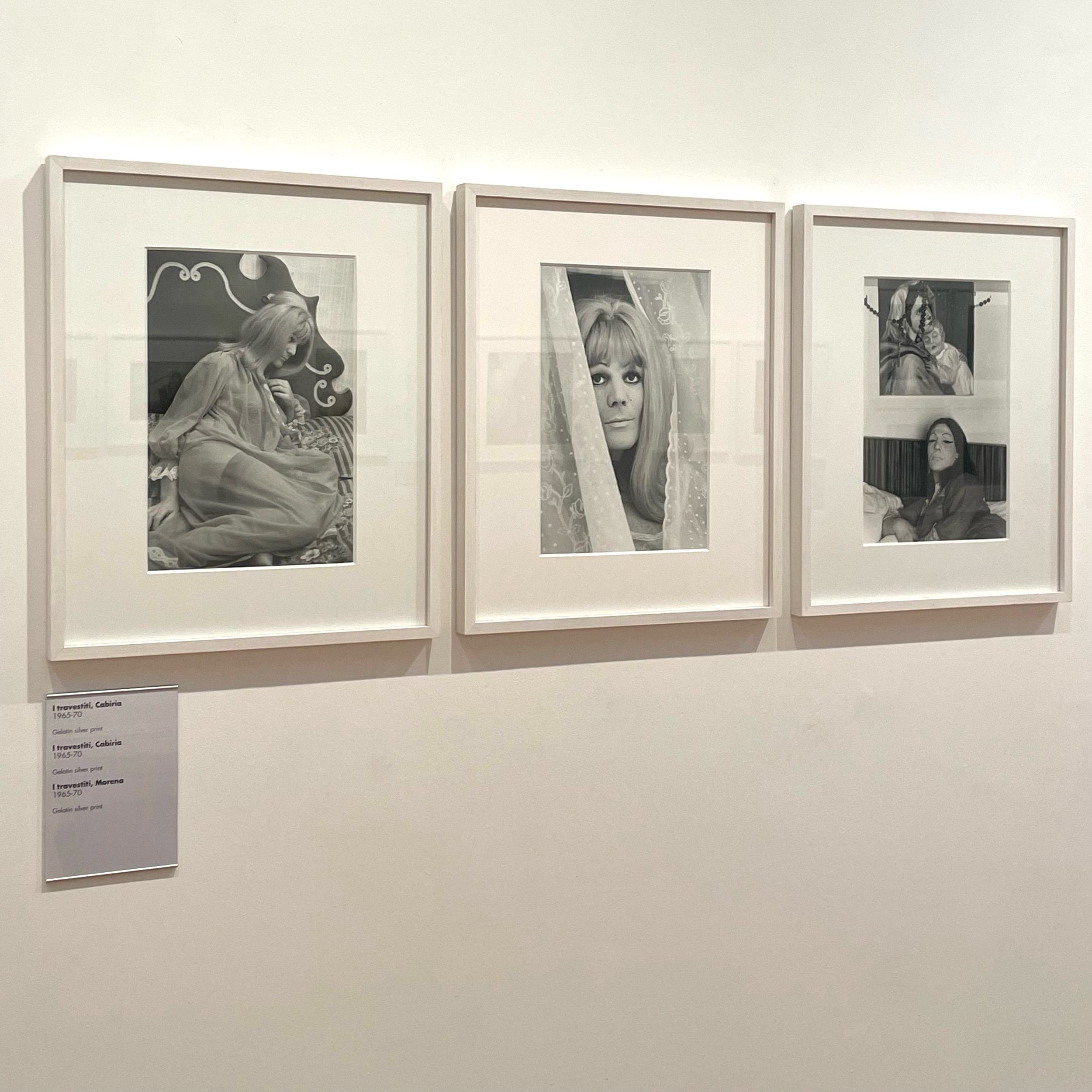
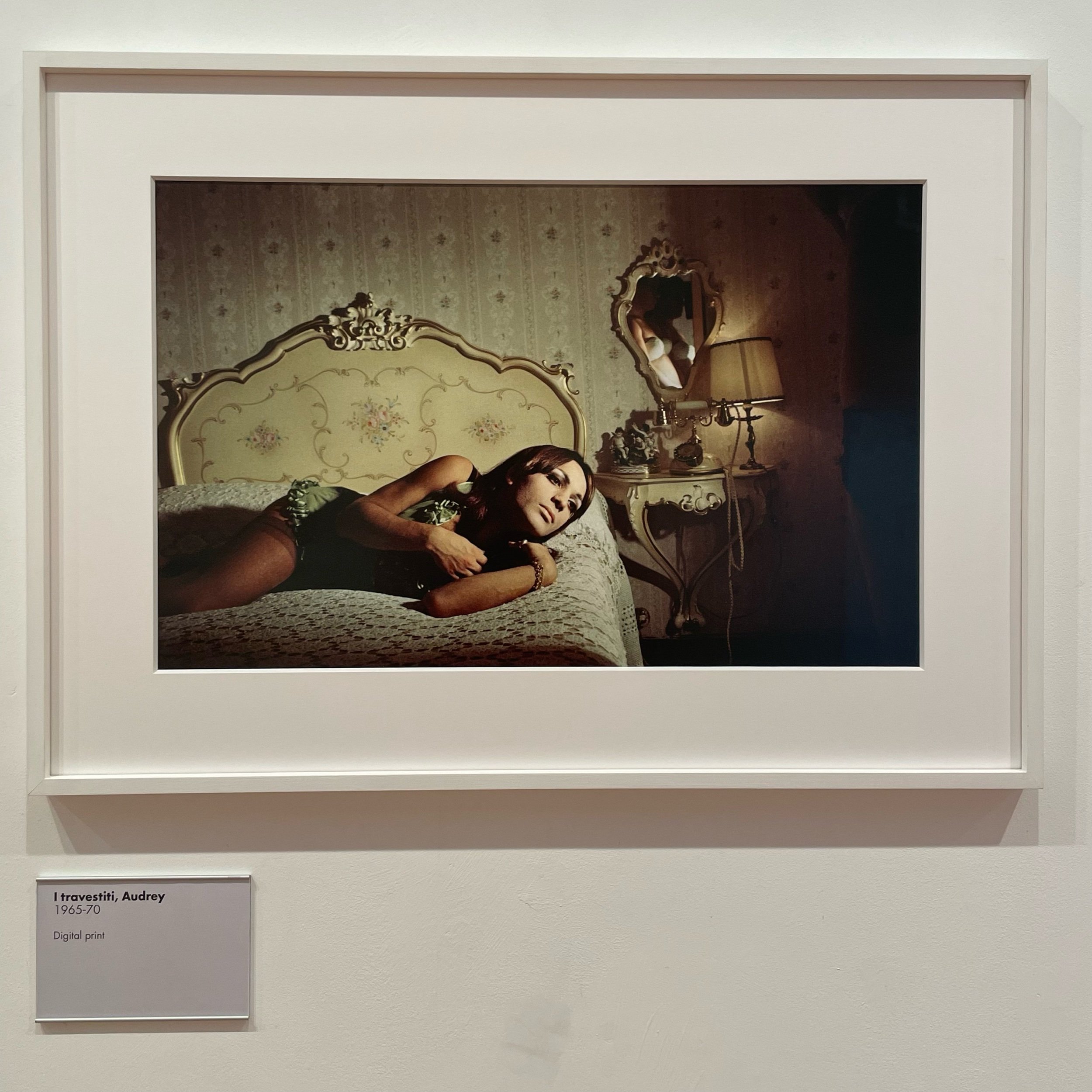
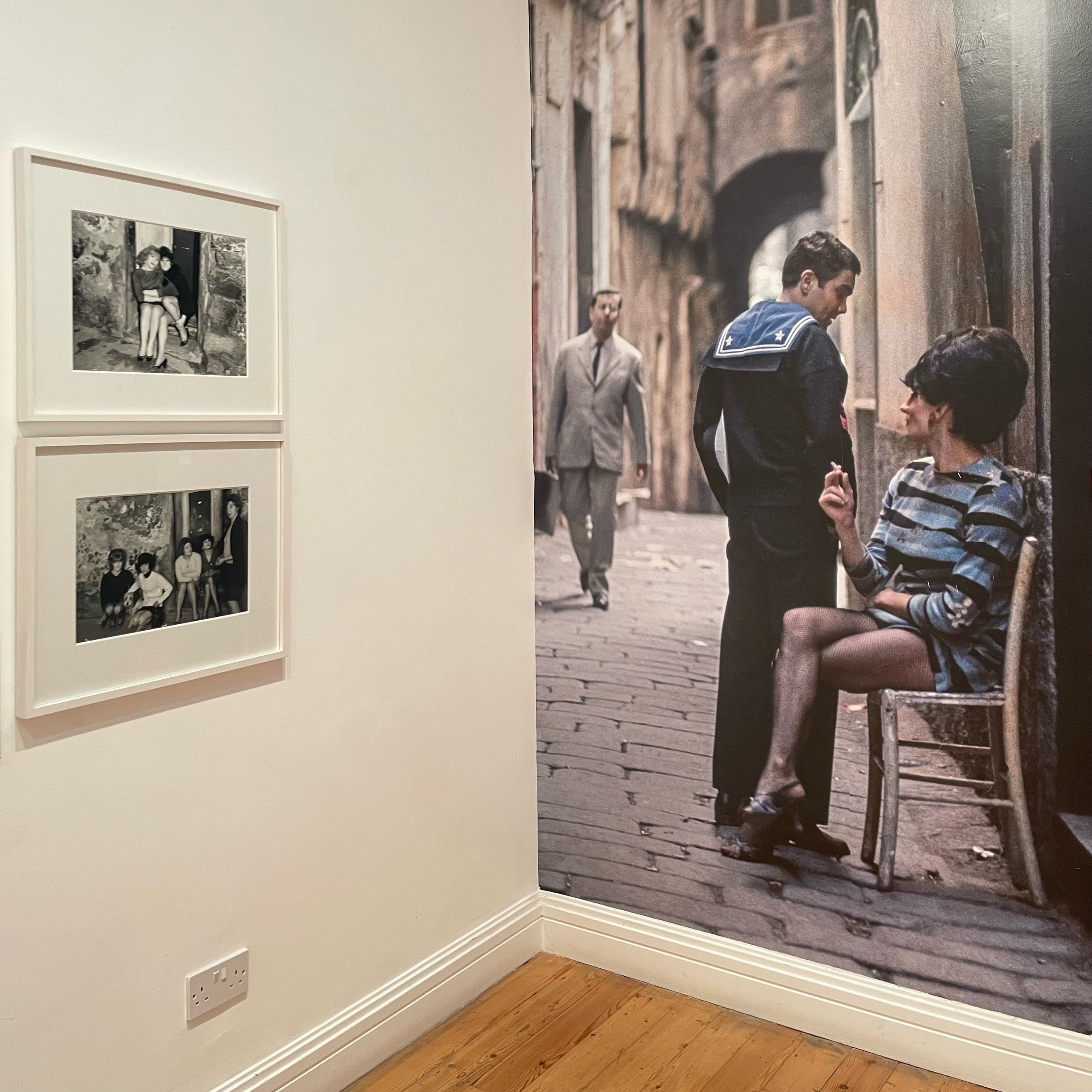
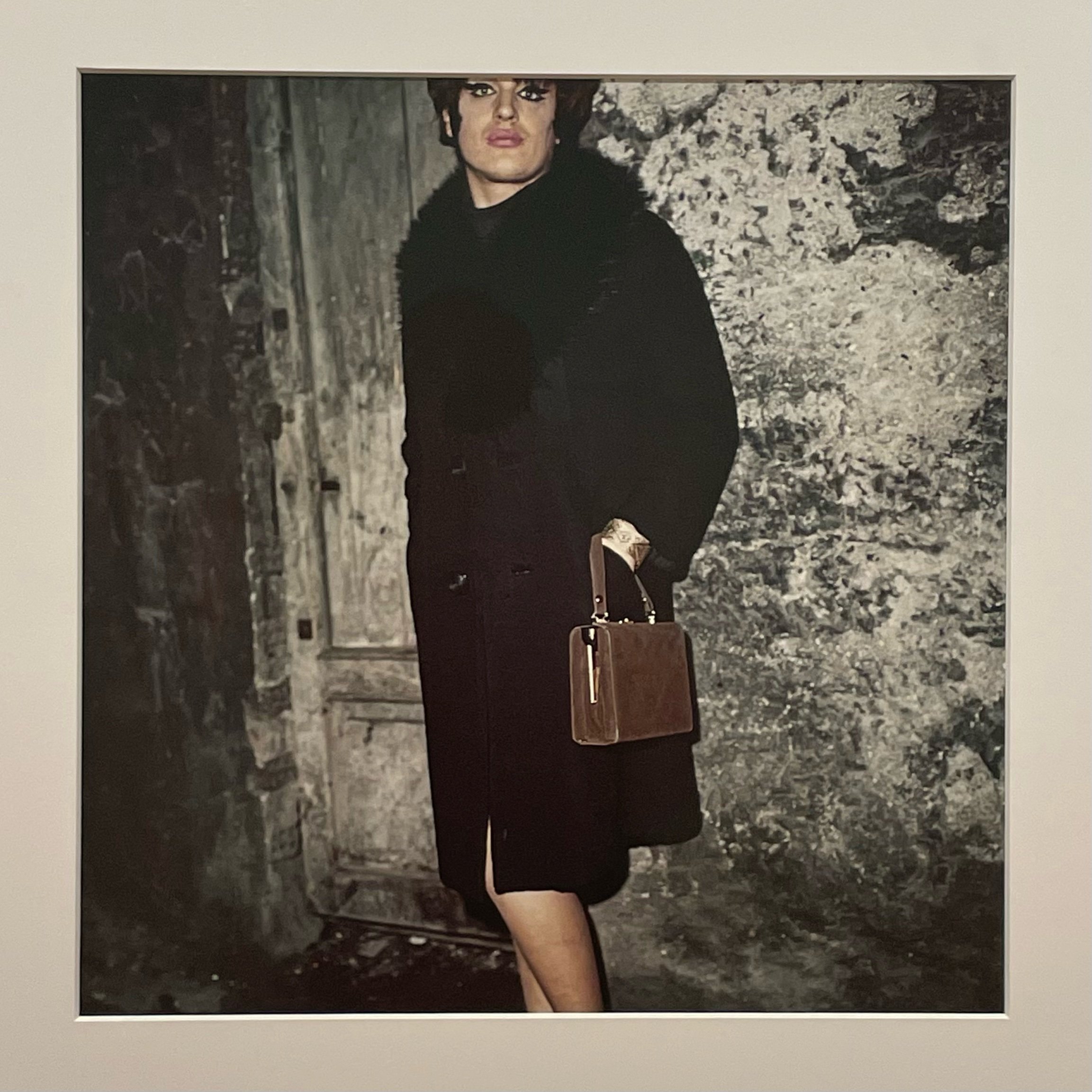
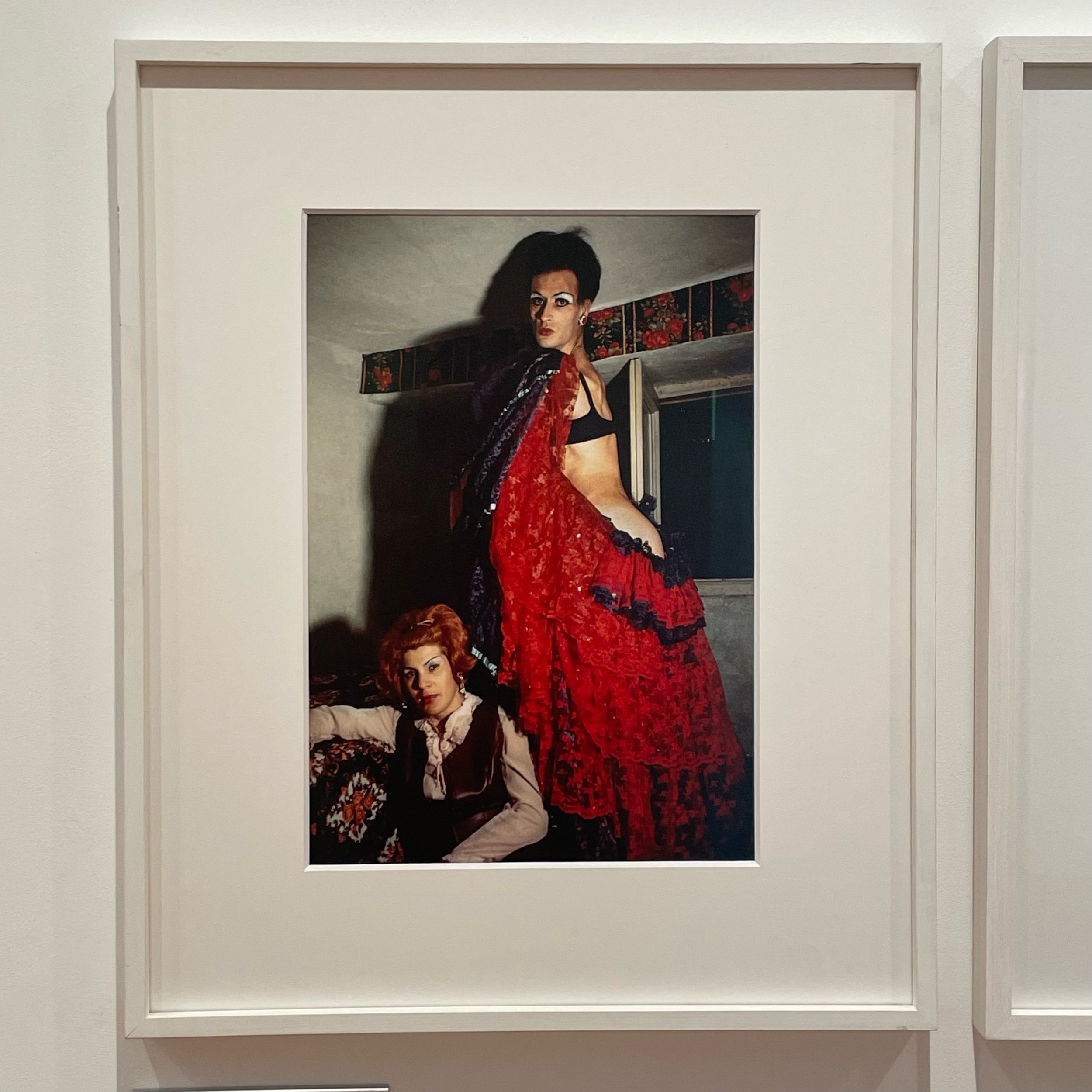
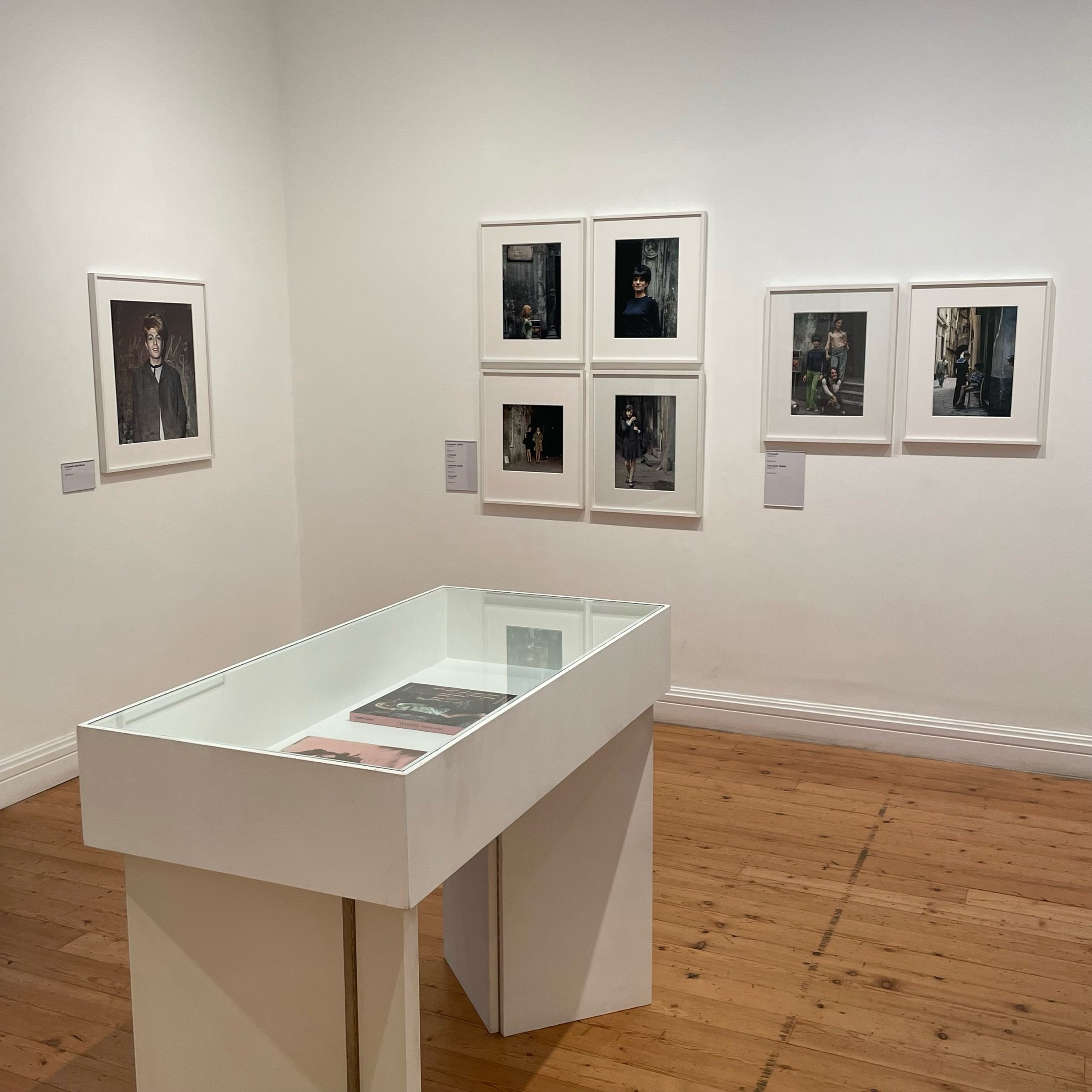
Born into a middle-class Jewish family in Genoa, Italy in 1924, Lisetta Carmi grew up during a time when racism wasn’t just an uncomfortable issue, it was legal. Mussolini’s Fascist regime introduced Racial Laws that fundamentally impacted the life of her family, and arguably influenced her passion as a photographer to document the outcasts, ‘the wretches’ and other socially marginalised subjects. In her own words, she wanted to “give voice to those who cannot speak”.
Photography came late to Carmi. She initially trained as a concert pianist but went through a reinvention in her mid-30s. That musical upbringing is evident in her early photography. They’re visually composed with a clear sense of rhythm and balance, capturing little details that draw your eye and lead you, like a musical crescendo, to the primary focus of the photo. Her ability to convey scale is equally sublime. In one image a ship and barge sit end to end at the dock. The barge looks no bigger than an enlarged rowboat, until you see a full sized man standing precariously on the edge. Dwarfed by the size of the ships, the man looks like a child’s toy.
The entirety of Gallery 1 is filled with photos documenting the fearful scale and oppression of gruelling, sometimes dangerous manual labour. There are shots of men in the bowels of the boats, loading goods and being showered in dust and soot. Many look like they’re stuck and digging their way out of hell. Modern health & safety officers will be amazed she was allowed to get so dangerously close. Another series of men in grandpa sweaters shows the tediousness of a cork factory, doing repetitive jobs that by now must surely be automated.
The photos down the hall in Gallery 2 present a stark, domestic contrast. They’re frequently set in feminine bedrooms with floral decor. Some subjects pose, others are candid, wearing fashionable clothes or alluring lingerie. One is laying on a bed, with a dress seductively pulled up revealing a naughty bit of thigh. A few topless photos show perky breasts. Every individual in these images was born a man.
From 1965-72 Carmi formed a close bond with Genoa’s trans community. Looking at her photos of them being playful at a party, having a group chat on the doorstep or simply sitting with a cigarette it’s evident they trusted her to document their truth. The scenes aren’t much different than anything you’d expect to see in a private family album, except these just happen to have exquisite composition and artistic lighting. As a photographer, Carmi was expert not just at seeing humanity in the every day, but making it beautiful to look at.
Carmi commented “I immediately understood that these were human beings who experienced, and suffered deeply from, the contradictions of our society, a minority that was both sought out and rejected. By observing them, I understood how all that is masculine may also be feminine, and vice versa.”
I went back and forth between the two galleries multiple times, fascinated by how Carmi saw and presented people. How she managed to contextualise individuals within their environments, showing everything in a natural, matter-of-fact way. They’re just getting on with their lives which, in many instances, probably involved much less choice in who they were or what they did than society typically assumes. But Carmi made no judgements. She just shows things as they are.
Plan your visit
‘Identities’ runs until 17 December.
Tickets from £7.50 Adult / Free to members, under 18s and full-time students.
Visit estorickcollection.com and follow @estorickcollection on Instagram for more info about the venue.
Visit the Lisetta Carmi Wikipedia page for more info about the artist.
PLUS…
Check the What’s On page so you don’t miss any other great shows closing soon.
Subscribe to the Weekly Newsletter. (It’s FREE!)
